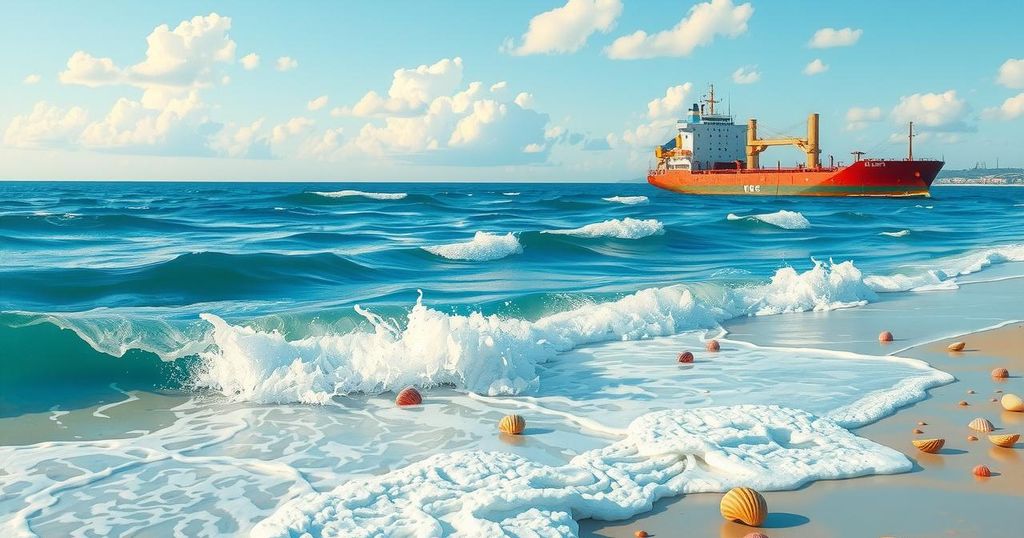The Nigerian House of Representatives has approved a bill to restrict foreign vessels in its coastal and inland waters, promoting local shipping under the amended Coastal and Inland Shipping (Cabotage) Act. Sponsored by Julius Ihonvbere, the bill addresses the exploitation of marine resources by foreign entities and aims to enhance indigenous participation in maritime activities, boosting local businesses and job creation.
The House of Representatives in Nigeria has passed a significant bill aimed at curbing foreign vessel operations within the nation’s coastal and inland waters. Specifically, this legislation amends the Coastal and Inland Shipping (Cabotage) Act, No. 5, 2003, to promote the development of indigenous shipping and establish a Cabotage Vessel Financing Fund. Sponsored by Julius Ihonvbere, the bill sought to address long-standing issues regarding the exploitation of Nigeria’s marine resources by foreign entities.
During the debate, Mr. Ihonvbere highlighted the detrimental impact of foreign vessels on local shippers, who have often expressed concerns about being marginalized in the maritime industry. He stated that foreign vessels have dominated the market, resulting in the decline of local shipping operations and portraying a bleak picture for indigenous shippers striving to operate in international waters.
The bill aims to enhance participation in maritime trade by ensuring that local businesses can flourish, thereby generating employment opportunities and improving the security of the nation’s inland waterways. Following a unanimous decision during the plenary session, the bill will proceed to President Bola Tinubu for approval, pending his assent to become effective legislation.
The recent passage of the bill by the Nigerian House of Representatives marks a pivotal step towards restricting foreign vessel activity in the country’s maritime sector. By aiming to bolster indigenous shipping capabilities, the legislation seeks to generate local employment and enhance economic stability in maritime trade. Pending presidential approval, this law may significantly reshape the dynamics of Nigeria’s maritime economy.
Original Source: businessday.ng




